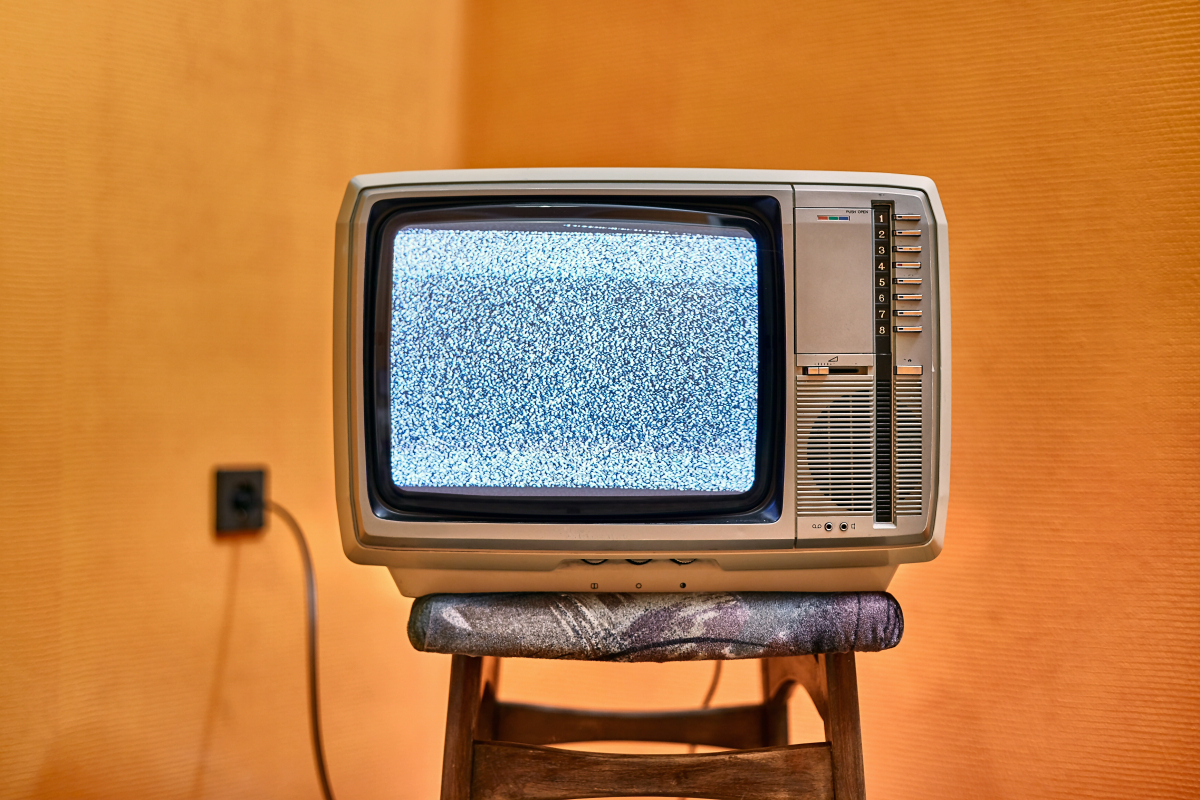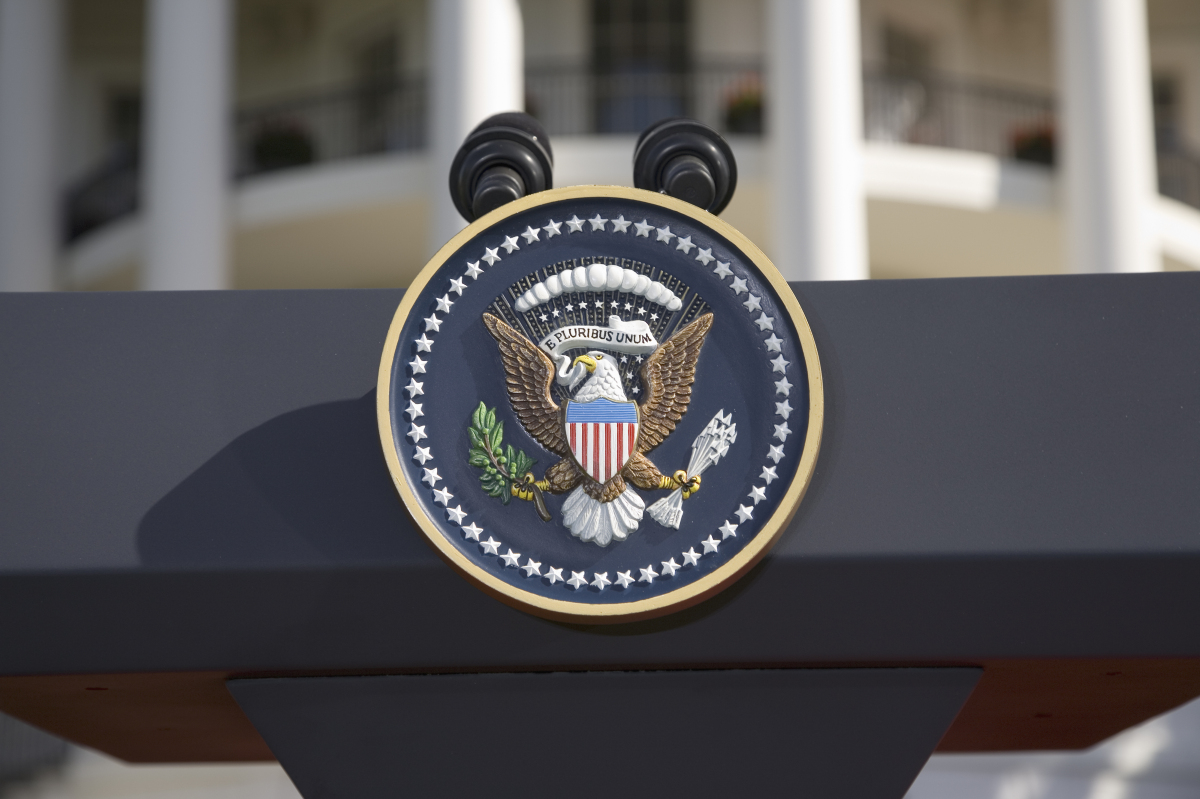Classics tend to be books which people would like to have read but never did. Neil Postman’s “Amusing ourselves to Death” is a classic which doesn’t deserve this fate. His counter-intuitive take on how our media shape our understanding of the world is more relevant than ever.
Prophecy is a notoriously difficult business and many great minds have embarrassed themselves trying. In “Amusing Ourselves to Death”, first published in 1986, Neil Postman passes the prophet test with flying colors and writes whole passages which now read as eerily accurate descriptions of the present.
Even though the main focus of the book is on what Postman calls “the epistemology of television”, i.e. how a new medium like television shapes our understanding of what constitutes knowledge and how we acquire it, he briefly turns his attention to what in his day was called “computer technology” and has this to say about it: “a central thesis of computer technology – that the principal difficulty we have in solving problems stems from insufficient data – will go unexamined. Until, years from now, when it will be noticed that the massive collection and speed of light retrieval of data have been of great value to large-scale organizations, but have solved very little of what is important to most people and have created at least as many problems for them as they may have solved.”
Written in 1985, when Mark Zuckerberg was still a toddler, 13 years before Google was founded and two years before the term “big data” was allegedly coined by John Mashey.
The Concept of Truth
The core of Postman’s argument is that television’s rise to the position of America’s leading medium has transformed the American understanding of what constitutes knowledge and valuable information. In his view, media aren’t simply conveyors of information but define what is understood to be as true and important. He says that “the concept of truth is intimately linked to the biases of forms of expression. Truth does not and never has come unadorned. It must appear in its proper clothing or it is not acknowledged, which is a way of saying that the truth is a kind of cultural prejudice. “
“Amusing Ourselves to Death” delivers a significant part of the explanation for the success of serial liar Donald Trump: “television provides a new definition of truth: the credibility of the teller is the ultimate test of the truth of a proposition. Credibility here does not refer to the past record of the teller for making statements that have survived the rigors of reality testing. It refers only to the impression of sincerity, authenticity and vulnerability or attractiveness (choose one more) conveyed by the actor.”
Complex phenomena like the rise of Trump don’t lend themselves to monocausal explanations, but Postman’s observation regarding the changing nature of a culture’s perception of truth goes a long way in making sense of his appeal. The main point here is that Trump’s rise to power is not an aberration. It is the logical consequence of a culture which has adopted television as its most important medium. Donald Trump is nothing if not a creature of television and it is his authentic-seeming style, honed by years as a reality TV host, which represents truth in an age shaped by the epistemology of TV.
Don’t blame it on the Kardashians
The problem with television Postman warned about in 1986, isn’t that it produces trivial entertainment. His argument is more sophisticated than the standard conservative trope about the success of the Kardashians being a sign of decadent times. He doesn’t want to be misunderstood this way: “to avoid the possibility that my analysis will be interpreted as a standard brand academic whimpering, and kind of elitist complaint against junk on television, I must first explain that my focus is on epistemology, not on aesthetics or literary criticism. Indeed, I appreciate junk as much as the next fellow.”
The problem he warned about wasn’t that television produced entertainment, but that on television, everything becomes entertainment. He calls entertainment the “supra ideology” of television and says: “No matter what is depicted or from what point of view, the overarching presumption is that it is there for our amusement and pleasure.”
By reframing the world as the wellspring of a constant visual stream meant to entertain us, television has probably fueled what the American writer Chris Hedges calls the “cult of the self”. Information changes from something we need to adapt to our local circumstances to something we constantly consume, mostly without any meaningful consequence.
More than a Moral Critique
Television strengthens the illusion that the world exists to entertain us that we don’t live to serve, but that our infantile, insatiable consumer selves sit at the top of the pyramid. Plenty of books and articles have already been written about this dangerous development, so there is no need to pursue this train of thought further here.
Postman take was prescient and remains unique and interesting because it doesn’t just come in the form of a moral critique. There certainly is an element of that in the book, best exemplified by the ominous sentence on the back cover of my paperback edition: “When a population becomes distracted by trivia, when a cultural life is redefined as a perpetual round of entertainment, when serious public conversation becomes a form of baby talk, when in short, a people become an audience and their public business a vaudeville act, then a nation finds itself at risk; culture death is a clear possibility.”
It’s hard to deny that Trump and the current state of public affairs in the US spring to mind, but it would be facile and foolish to lean back in the armchair over here in Europe and assume that the dark prophecy has become true. The future remains open, the complexity of the world doesn’t fit neatly into the confines of any single theory.
Writing this in Germany, it is interesting to note in passing that part of the reason that Germany has been to significantly delay these problematic developments might be the national penchant for regulation, seriousness and the inherent conservatism of German society. Television, for example, still hasn’t become as ubiquitous as it is in the US.
From Telegraph to Television
The true value of Postman contribution is his perspective on how different media shape of our understanding of who we are and what we perceive to be true. His perspective helps us to get beyond the naïve misunderstanding that media are neutral and that it doesn’t matter how the message is delivered.
The foundational medium of Western-style societies is the printing press. Postman says: “Typography fostered the modern idea of individuality, but it destroyed the medieval sense of community and integration. Typography created prose but made poetry into an exotic and elitist form of expression. Typography made modern science possible but transformed religious sensibility into mere superstition. Typography assisted in the growth of the nation-state but thereby made patriotism into a sordid if not lethal emotion.”
These are sweeping assertions and it doesn’t matter if they are a 100% true or not. Postman helps to think about media and the way we understand the world differently. He invites us to switch our perspective. Here is another example of this refreshing switch: “The clock made us into time-keepers, and then time-savers, and now time-servers. In the process, we have learned irreverence toward the sun and the seasons, for in a world made up of seconds and minutes, the authority of nature is superseded. Eternity ceased to serve as the measure and focus of human events. And that, though few would have imagined that connection, the inexorable ticking of the clock may have more to do with the weakening of God’s supremacy then all treatises produced by the philosophers of the Enlightenment.”
Postman’s story, the story of shifting media dominance from typography, via the telegraph and photography to television gives us a framework to think about the internet, the new medium which is well on its way to incorporate all others.
It helps us to ask more intelligent questions. Instead of asking what we should do with the internet, how we should regulate etc., we need to ask what it has already done to us, to our understanding of ourselves and what we perceive to be true. What is the epistemology of the internet? Has it just continued the trends already apparent with television, for example?
Is the credibility of the teller still the measure of truth? Is entertainment still the dominant “supra ideology”? On a deeper level, the book raises questions about the nature of human insight and understanding. How does human insight differ from machine cognition? What is the role of intuition and innate ideas?
“Amusing Ourselves to Death” is a terrific book and it has aged well. It’s beautifully written and far more than a boring, pessimistic diatribe about modern life. I recommend it to everybody who wants to understand how the media we use to define the way we perceive ourselves and the world we live in.
Links
Neil Postman Are We Amusing Ourselves to Death Part I
Amusing Ourselves to Death Part II
Neil Postman on Cyberspace
Marshall Mcluhan Full lecture: The medium is the message – 1977 part 1 v 3
Marshall Mcluhan Full lecture: The medium is the message – 1977 part 2 v 3
Marshall Mcluhan Full lecture: The medium is the message – 1977 part 3 v 3


